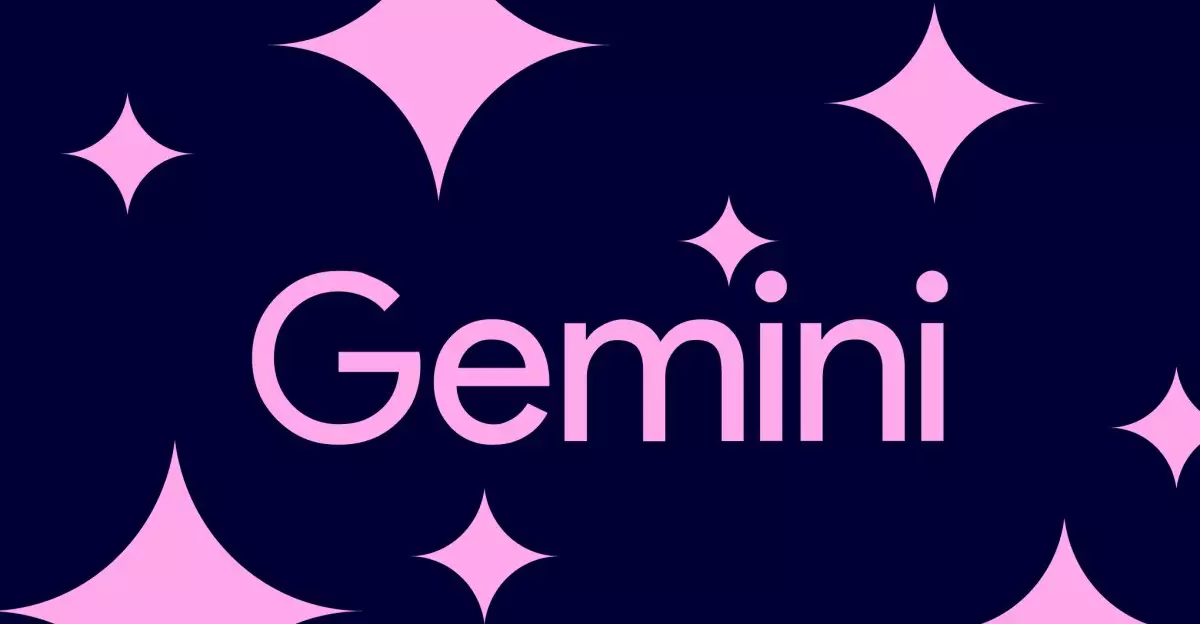In an age where artificial intelligence permeates daily life, Google’s Gemini stands at the forefront, showcasing significant advancements in user interactivity and personalization. By incorporating features that utilize personal search history, Gemini not only tailors responses to individual needs but also enhances overall user experience. This strategic move illustrates Google’s understanding that in the competitive landscape of AI chatbots, mere functionality is no longer sufficient; customization and relevance are key.
The Role of Personalization in AI Effectiveness
Personalization is no longer a niche requirement; it’s fast becoming a standard expectation among users of technology. Gemini leverages search history to refine its responses, demonstrating how AI can learn from user behavior. When users enable this feature, they open the door to responses that are highly relevant and contextually aware, resembling a more intuitive conversation. For example, if you inquire about nearby dining options, Gemini accesses your recent food-related queries to suggest tailored recommendations. This level of interaction elevates the AI from a simple information provider to a personal assistant, reshaping how individuals seek and consume information.
Understanding User Concerns and Addressing Privacy
Despite the appealing nature of personalized interactions, Google is aware of the accompanying privacy concerns. Users are given the autonomy to disconnect their search history at any moment, emphasizing a balance between personalization and privacy. This transparency allows users to feel more in control of their data, a critical factor in fostering trust in technology that relies heavily on personal information. Ensuring that users understand how their data is utilized ultimately strengthens the relationship with the AI, paving the way for more engaged interactions.
Integrative Features: A Holistic User Experience
Going beyond individual functionalities, Gemini aims for a cohesive ecosystem by integrating with various Google apps, including YouTube, Photos, and Maps. This approach creates a holistic experience where insights from one platform enhance the usability of another. For instance, a recommendation for a travel destination not only pulls from your search history but can also refer to previous photographs or YouTube videos you’ve interacted with about that location. Such integrative capabilities suggest that Google envisions a future where AI assistants act as centralized hubs for managing user experiences across different facets of life.
The Future of Personalized AI Assistants
As Google rolls out Gemini’s personalization features, it represents a significant leap toward smarter, highly personalized AI assistants. The introduction of custom AI tools, or “Gems,” further illustrates a commitment to empowering users to create unique interactions tailored specifically to their needs. This direction indicates that Google’s ambition stretches beyond mere chat functions; it strives to revolutionize how individuals interact with technology overall. As we explore the endless potential of AI, Gemini stands ready to lead with intelligence and personalization, offering an encouraging glimpse into the future of digital interactions.

